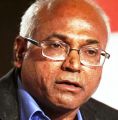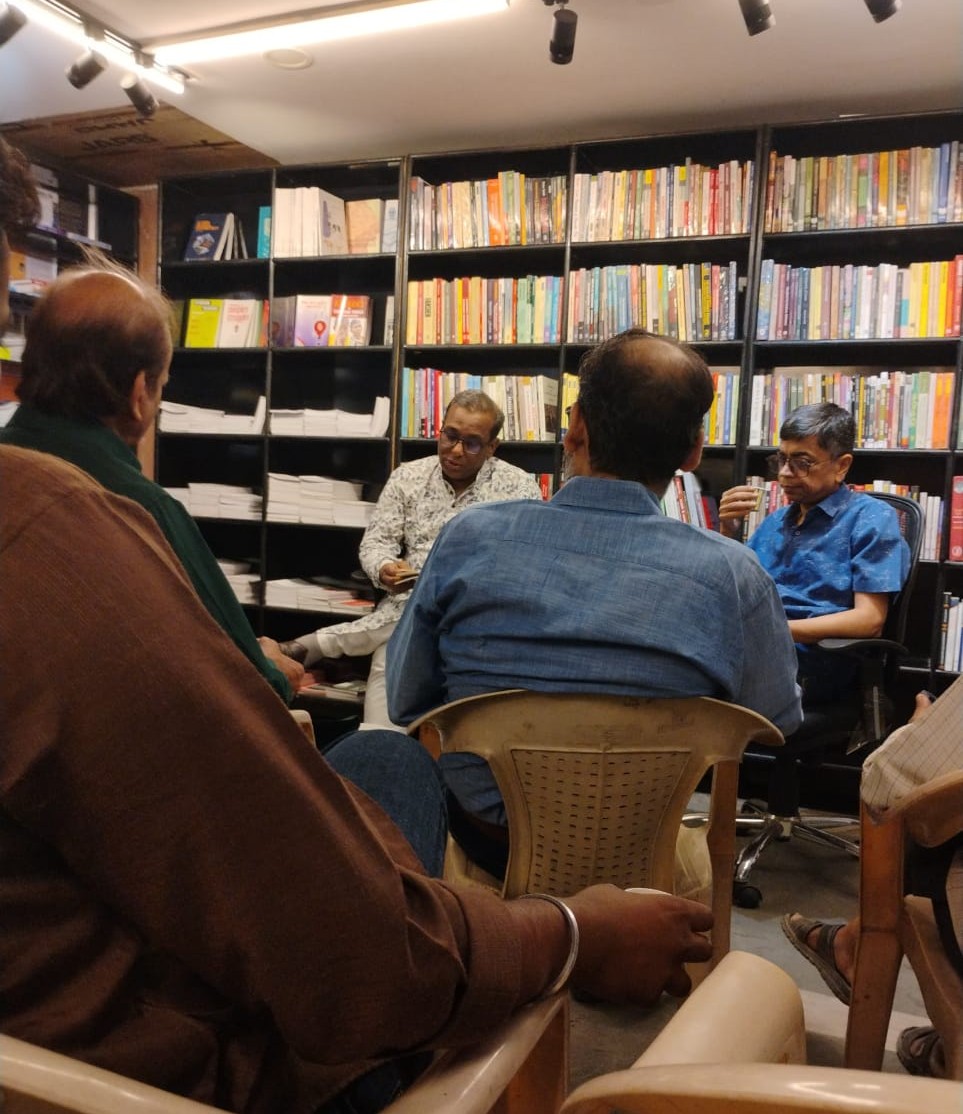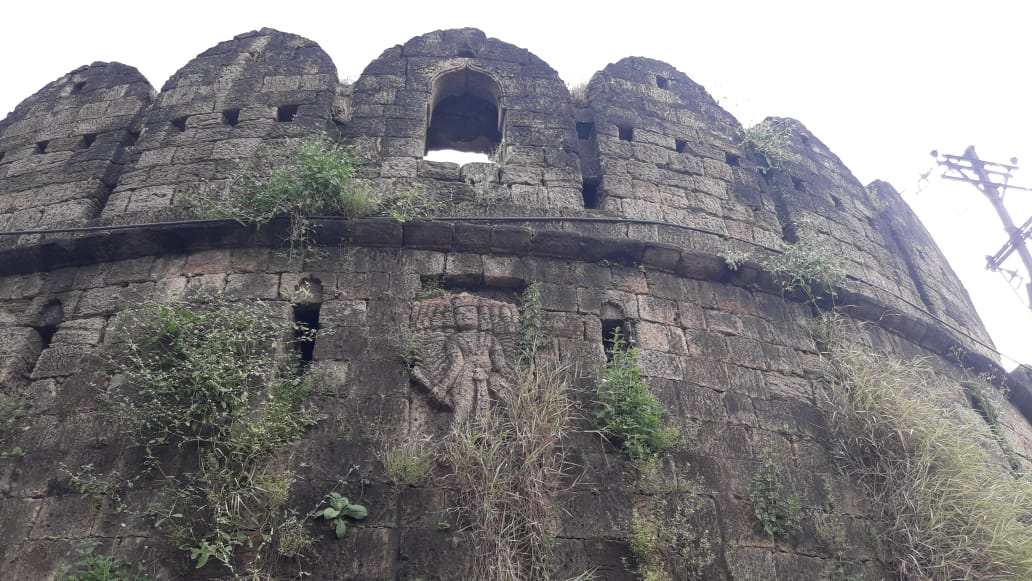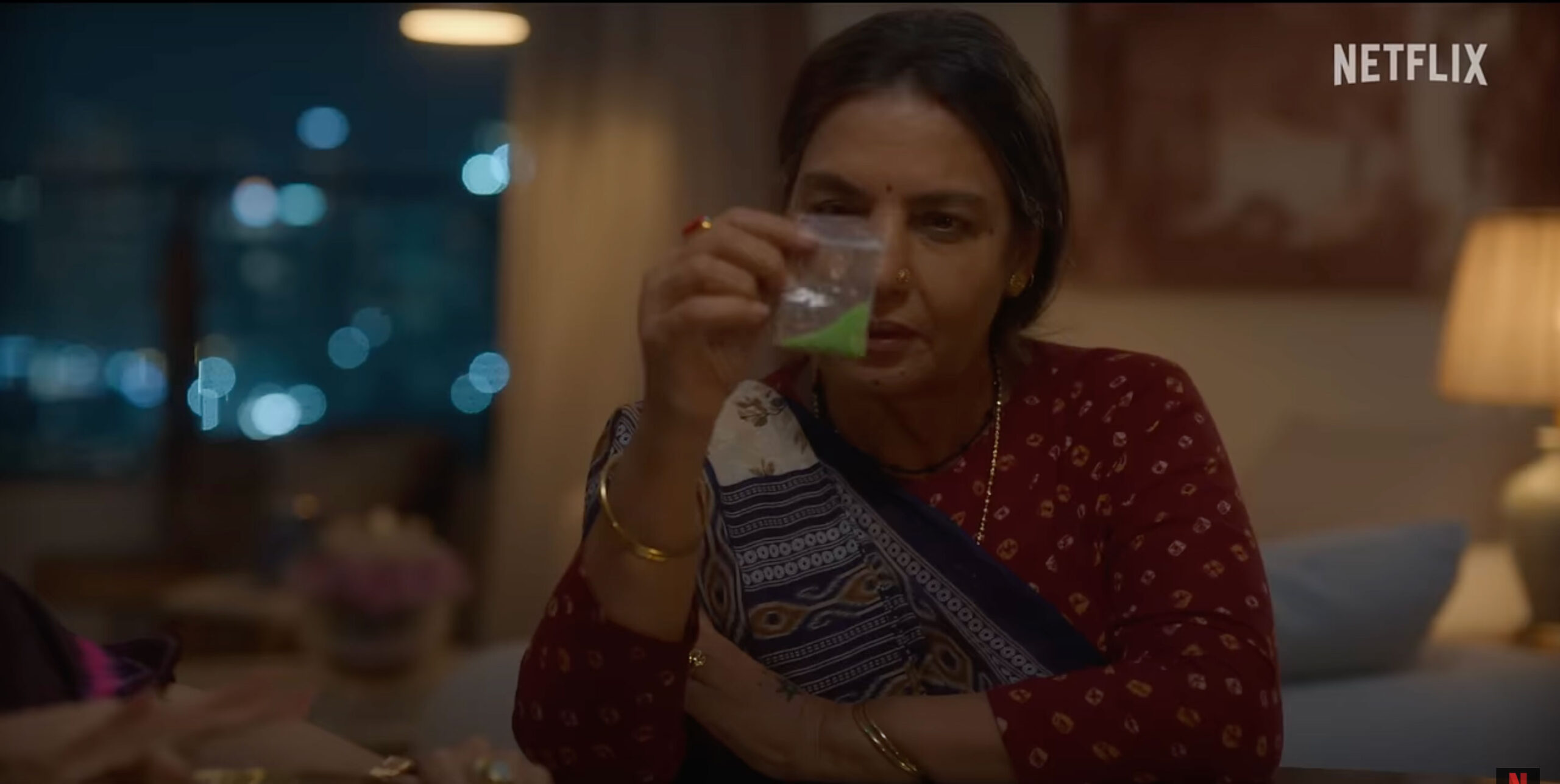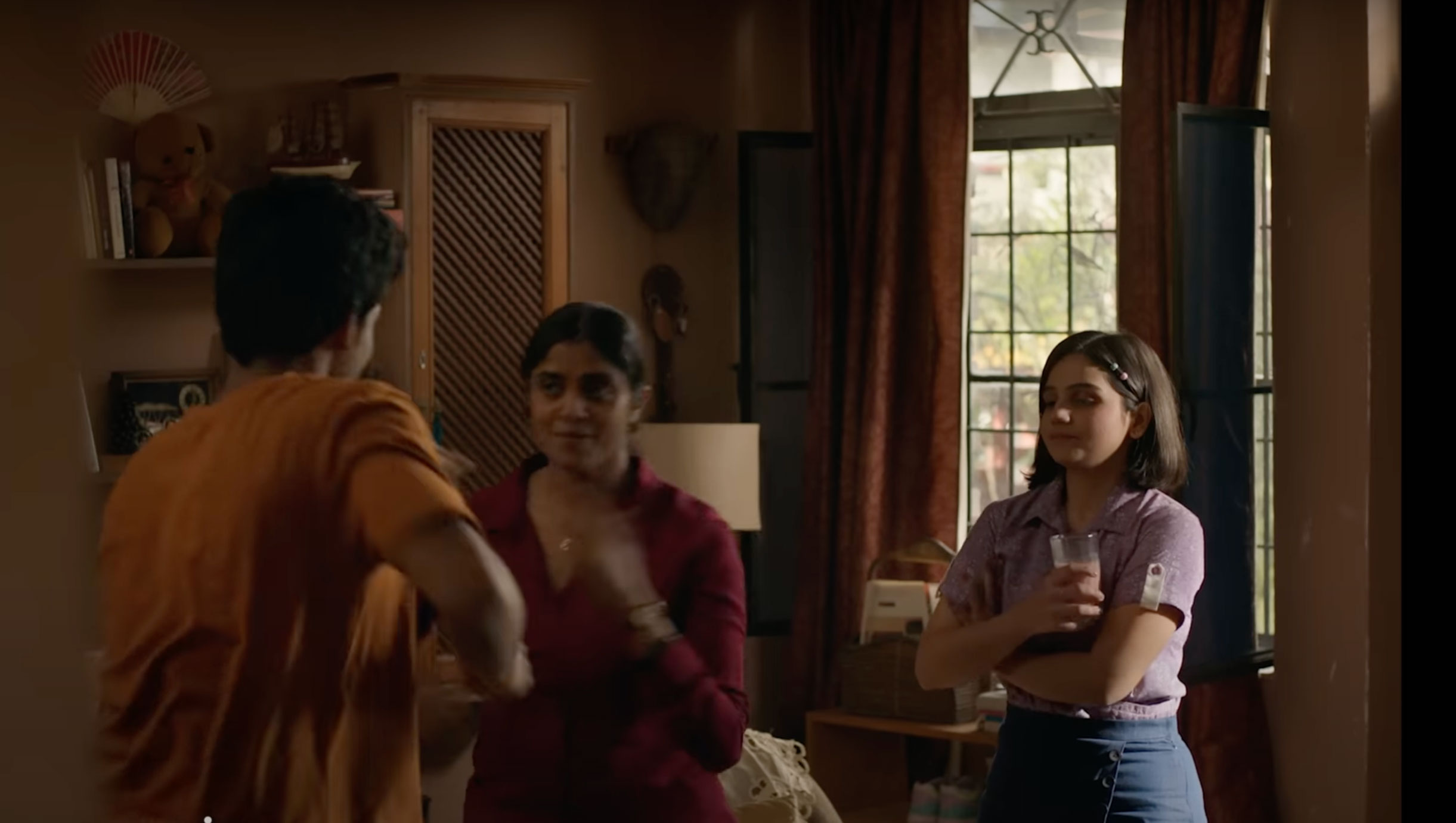Shantishree Dhulipudi Pandit has come up with a new theory about Hindu gods and goddesses. Her theory inaugurates a discourse of departure from the right-wing Hindutva school from within. Her lecture on the theory at a programme organized by the Ambedkar International Centre in New Delhi in August 2022 was met with disapproval from her own camp – and a pretension of indifference from the secular left-liberal intellectuals, the result of which has been a serious intellectual loss for them and for the nation. The priestly forces are demanding her removal from position and arrest. They have threatened agitations and representations to the Prime Minister. Such threats need to be fought back. Their sentiments are as bigoted as that of the Muslim fundamentalists who attacked Salman Rushdie.
Shantishree is the first OBC woman intellectual raising new questions from a position of power at a time when the Hindutva forces are ruling the nation. She is the first woman vice-chancellor of JNU. She succeeded a military-minded vice-chancellor who was against dissent and intellectual engagement. Now her initiating a discourse unmindful of the consequences from her own camp is a refreshing illustration of academic freedom. She is raising intellectual questions that have implications to society at large. Even from among the Indian woman intellectuals of the feminist, liberal and Marxist ilk, I have not come across an OBC intellectual with such seriousness and willingness to take on the patriarchy of Brahmanism.
The most positive aspect of her initiative is that she, from within the right-wing camp, has taken Ambedkar more seriously and taken on Manu’s position of caste and the brahmanical spiritual system. Manu is a sacred thinker for all Hindutva Brahmin writers and leaders like M.S Golwalkar, Deendayal Upadhayaya, Mohan Bhagwat, Ram Madhav and so on. But he is a regressive anti-women casteist ancient thinker for Shantishree. She is absolutely right.
Though Shantishree said that all (non-Muslim, non-Christian) women are Shudra and only by virtue of marriage to a Brahmin man they become Brahmin, most “Brahmin” women writers, historians and social scientists operated exactly with the opposite position and understanding. They lived, and wrote as Brahmins. I was witness to their anti-reservation politics (except a handful) during Mandal struggles. Men and women historians, sociologists, anthropologists, political scientists of JNU, let alone other universities, have not in their writings condemned Manu as regressive, as Shantishree just did. Liberal and Marxist historiographies and anthropological investigations have been used to protect the caste system from university positions.
Most respected leftist historians who wrote on ancient India like D.D. Kosambi, Romila Thapar, R.S. Sharma never wrote anything serious about Manudharma Shastra from the vantage point of a Shudra/Dalit/Adivasi, nor did they sympathetically read Ambedkar’s position on Manu and Hindu Dharma Shastras. Sociologists and Anthropologists like M.N. Srinivas, Andre Beteille, Dipankar Gupta never examined the caste location of the Hindu gods and goddesses. Shantishree says that there is “no Brahmin in the pantheon of Hindu gods and goddesses and many are either from Kshatriya heritage or from Shudra/Dalit/Adivasi heritage. When she said Shiva could be a Dalit or an Adivasi and Jagannath of Puri was an Adivasi she deconstructed the divine forces from an anti-caste point of view. Their anthropological position could be ascertained from the brahmanical ancient Sanskrit texts themselves. Against the names of some godheads, caste is mentioned. Those caste names correspond to the existing castes among the Indian people.

When Shantishree is talking about the anthropological location of Hindu gods – which every Brahmin scholar man or woman wanted to avoid – it is a scientific examination. Even the most radical left intellectuals have avoided these questions. Avoiding the discourse about institutions of huge inequality and oppression from the ancient days does not help the nation or a given religion. All forms of inequalities need to be problematized by thinkers and philosophers in order to build a nation with human equality and dignity of labour. We know today for sure that the brahmanical castes are anti-labour and hence anti-development. Dignity of labour and production are interrelated.
Earlier in her presentation at a seminar in Delhi University she had said that Draupadi and Sita were the first feminists in Indian history because Sita was the first single mother and Draupadi was the first autonomous woman who opposed all five husbands on many issues. This itself was quite an un-Hindutva position.
Indian anthropology had a problem in that the practitioners were as brahmanical as anybody else. They never examined the present and the past from a human perspective. Their own caste cultural consciousness determined their methodology and description. For example, for M.N. Srinivas, purity and pollution were central to his study of the Indian social system. Production, equality/inequality and the labour power of the productive communities never occupied centrality in his analysis.
When serious intellectuals emerge from the organic social base of the productive communities like Shudras, Dalits and Adivasis, their own caste location begins to determine their consciousness. Whether they are from the Hindutva school or from the Communist school, if they acquire serious intellectual curiosity and the ability to grasp the fundamental flaws of society they begin to raise new questions. The questions that Mahatma Phule, Savitribai Phule, Ambedkar, Periyar raised are qualitatively different from the questions that Brahmin intellectuals of their times raised. Shantishree, as an OBC woman scholar, has taken a progressive position in evaluating the brahmanical spiritual system.
Shantishree is the only intellectual from the Hindutva camp to raise new questions in my lifetime. She will face challenges and as an intellectual she has to fight it out. As an alumna and now as the vice-chancellor of the same JNU her proposition attracts attention.
JNU is known for the Western stream of social-science knowledge. They seriously study Western scholars and quote them in their research and the teachers encourage the students to do so. That method has not played a great creative, transformational intellectual role. It has produced some good scholars and administrators who can operate only in familiar Western structures. No JNU scholar or thinker has produced a groundbreaking work so far. While defending herself Shantishree also said that she was a serious academic and not an original thinker like Ambedkar and therefore only paraphrased his ideas on gods and goddesses in a seminar. As I see it, at this stage of the Indian sociopolitical system, Indian universities must produce original scholars and thinkers like Ambedkar. Let us not forget that he was a product of Columbia University. When the Western universities could produce original scholars, thinkers and philosophers, why not Indian universities?
In a country like India any serious social-science student has to examine ancient, medieval and modern structures from the point of view of people’s philosophy. As Shantishree herself claims, JNU is the number-one university in producing social-science ideas but that the status is based on a comparative assessment. All Indian universities have been engaging with Western ideas. Within that list, JNU has been doing better.
The religious system holds an important place in a nation. A critical analysis of Indian religious structures and its divine and social figures plays an important role in building advanced social-science knowledge. To make India a competitive nation, our universities must allow critical thinking to thrive. I hope Shantishree continues her dissenting studies while being in that position.
Forward Press also publishes books on Bahujan issues. Forward Press Books sheds light on the widespread problems as well as the finer aspects of Bahujan (Dalit, OBC, Adivasi, Nomadic, Pasmanda) society, culture, literature and politics. Contact us for a list of FP Books’ titles and to order. Mobile: +917827427311, Email: info@forwardmagazine.in)
